AI has been rapidly transforming the legal industry, and legal research is no exception. Legal research is a crucial aspect of the legal profession, and AI has the potential to revolutionize the way it is conducted. AI-powered legal research tools can help lawyers save time, improve accuracy, and enhance the quality of their work.
Fundamentally, AI in legal research refers to the use of machine learning algorithms to analyze vast amounts of legal data. AI-powered legal research tools can help lawyers to quickly discover relevant information, which would otherwise take hours of manual research to find. These tools can also help lawyers to identify issues that may have been missed by the human eye, and provide insights that can improve decision-making.
While AI has the potential to transform legal research, it also poses several challenges and ethical considerations. For example, there are concerns about the accuracy and bias of AI-powered legal research tools, as well as the potential impact on jobs in the legal profession. Nevertheless, with the right approach, AI can be a powerful tool for legal research that can enhance the quality of legal work and improve access to justice.
Key Takeaways
- AI has the potential to revolutionize legal research by saving time, improving accuracy, and enhancing the quality of legal work.
- AI-powered legal research tools can help lawyers to quickly discover relevant information and identify issues that may have been missed by the human eye.
- While there are challenges and ethical considerations associated with AI in legal research, with the right approach, AI can be a powerful tool for legal research that can enhance the quality of legal work and improve access to justice.
Fundamentals of Legal Research AI
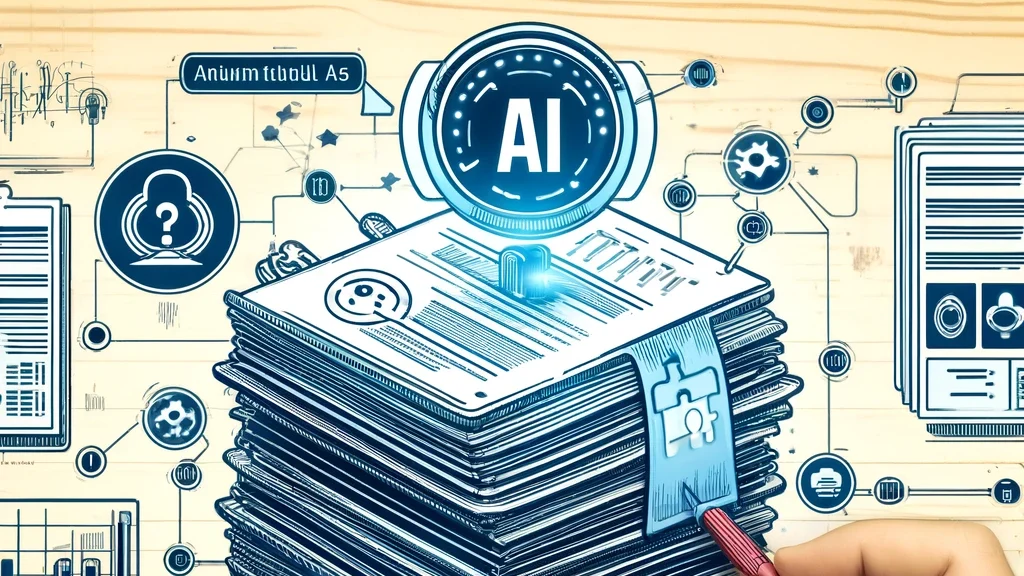
Evolution of Legal Research
Legal research has come a long way in the past few decades. With the advent of Artificial Intelligence (AI), legal research has become more efficient and effective. The traditional method of legal research involved manually reading through case law, statutes, and other legal documents. This was a time-consuming process that required a lot of effort. However, with the introduction of AI, legal research has become faster and more accurate.
Core Technologies
There are several core technologies that are used in legal research AI. These include Natural Language Processing (NLP), Machine Learning (ML), and Predictive Analytics. NLP is used to extract relevant information from legal documents. ML is used to analyze the extracted information and identify patterns. Predictive Analytics is used to predict the outcome of legal cases based on the patterns identified by ML.
Data Sources and Management
The success of legal research AI depends on the quality and quantity of data that is available. Data sources for legal research AI include case law, statutes, regulations, and other legal documents. The data needs to be properly managed to ensure that it is accurate and up-to-date. This involves data cleaning, data normalization, and data integration.
In conclusion, legal research AI has revolutionized the legal industry by making legal research faster and more accurate. The core technologies used in legal research AI include NLP, ML, and Predictive Analytics. Data sources for legal research AI include case law, statutes, regulations, and other legal documents. Proper data management is essential for the success of legal research AI.
Applications of AI in Legal Research
Artificial Intelligence (AI) has transformed the way legal research is conducted. AI-powered legal research platforms can help lawyers do billable work faster, allowing them to spend more time counseling clients, negotiating with opposing counsel, or performing other higher-level work. The following are some of the applications of AI in legal research:
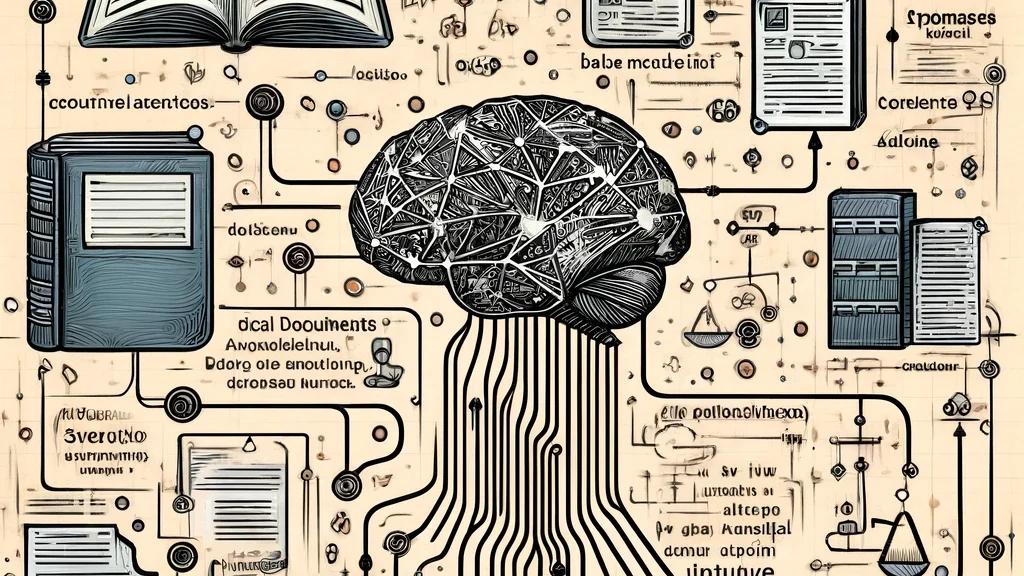
Case Law Analysis
AI tools can help lawyers analyze case law more efficiently. AI-powered legal research platforms, such as LexisNexis, can identify relevant cases and provide insights into how judges have ruled on similar cases in the past. This can help lawyers build stronger legal arguments and increase their chances of success in court.
Predictive Analytics
AI-powered legal research platforms can also help lawyers predict the outcome of cases more accurately. By analyzing large amounts of data, AI tools can identify patterns and make predictions about how judges are likely to rule in similar cases. This can help lawyers make more informed decisions about whether to settle a case or take it to trial.
Document Automation
AI tools can also be used to automate the drafting of legal documents. AI-powered legal research platforms, such as Bloomberg Law, can generate legal documents based on a lawyer’s input. This can save lawyers time and reduce the risk of errors in legal documents.
In summary, AI has transformed legal research by providing lawyers with powerful tools to analyze case law, predict the outcome of cases, and automate the drafting of legal documents. These tools can help lawyers work more efficiently, build stronger legal arguments, and increase their chances of success in court.
Challenges and Ethical Considerations
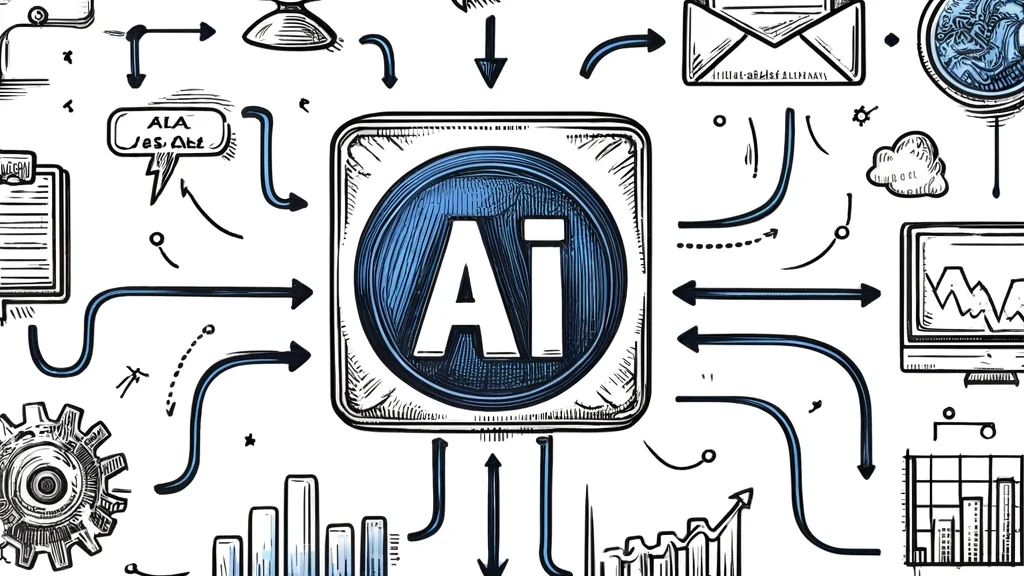
As with any new technology, AI-powered legal research brings with it a host of challenges and ethical considerations. In this section, we will explore some of the most pressing issues facing the legal community as they adopt AI into their research practices.
Bias and Fairness
One of the most significant concerns surrounding AI in legal research is the potential for bias and unfairness. AI algorithms are only as unbiased as the data they are trained on, and if the data is biased, then the algorithm will be too. This can lead to discriminatory outcomes, particularly in areas such as criminal justice, where the stakes are high.
To mitigate this risk, legal researchers must take care to ensure that the data they use to train their AI models is diverse and representative. They must also be vigilant in monitoring the output of their algorithms to identify any biases that may arise.
Data Privacy
Another significant challenge facing legal researchers using AI is data privacy. Legal research often involves sensitive and confidential information, and it is essential to protect this data from unauthorized access or disclosure.
To address this concern, legal researchers must take steps to ensure that their AI systems are secure and that they comply with all relevant data protection laws and regulations. This may involve implementing robust encryption and access control measures, as well as ensuring that data is stored only in secure locations.
Transparency and Accountability
Finally, there is a need for transparency and accountability in the use of AI in legal research. AI algorithms are often opaque, making it difficult to understand how they arrive at their conclusions. This lack of transparency can undermine public trust in the legal system and lead to challenges to the validity of decisions made using AI.
To address this concern, legal researchers must be transparent in their use of AI and provide clear explanations of how their algorithms work. They must also be accountable for the decisions made using AI, and be prepared to defend those decisions if challenged.
In conclusion, while AI has the potential to revolutionize legal research, it is essential to address the challenges and ethical considerations that come with this technology. By being vigilant in addressing bias and fairness, protecting data privacy, and promoting transparency and accountability, legal researchers can ensure that AI is used in a responsible and ethical manner.
Best Practices in Implementing Legal Research AI
When implementing AI for legal research, it is important to follow best practices to ensure successful integration and adoption. Here are some key strategies to consider:
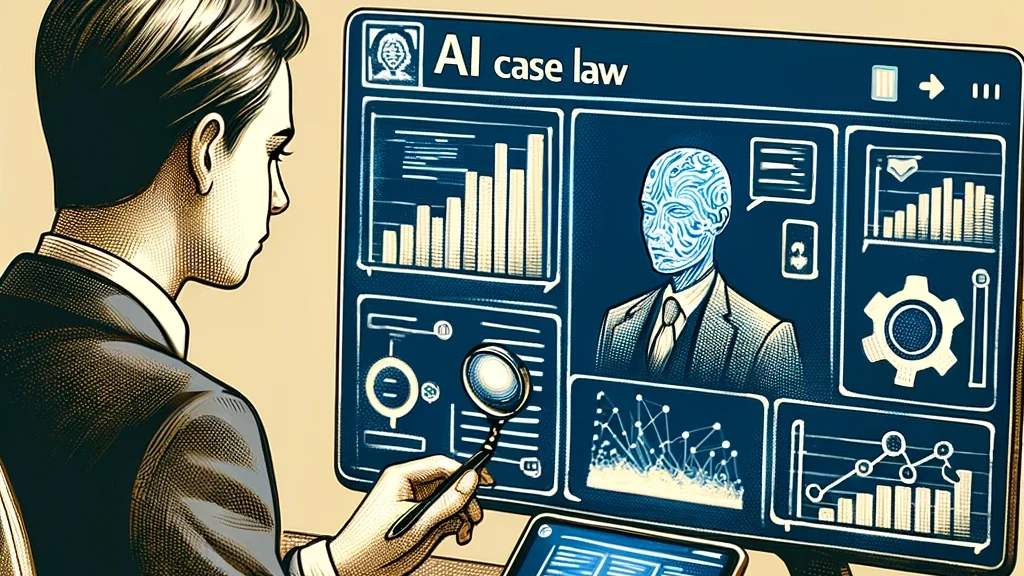
Integration Strategies
One of the most important aspects of implementing legal research AI is ensuring that it is properly integrated with existing systems and workflows. This may require custom development work or the use of third-party tools. It is important to work closely with IT and other stakeholders to ensure that the integration is seamless and that the AI is able to access the necessary data.
User Training and Support
Another critical component of successful AI implementation is ensuring that users are properly trained and supported. This may involve providing training sessions or workshops, as well as ongoing support through a help desk or other channels. It is important to ensure that users are comfortable with the technology and understand how to use it effectively.
Continuous Improvement
Finally, it is important to continually monitor and improve the AI system over time. This may involve regularly reviewing performance metrics and user feedback, as well as making updates and enhancements as needed. It is also important to stay up-to-date on the latest developments in AI technology and best practices, and to incorporate these into the system as appropriate.
By following these best practices, organizations can ensure that their legal research AI is properly integrated, effectively used, and continuously improved over time.
Future Trends in Legal Research AI
As AI technology continues to advance, the legal industry is poised to experience significant changes in the coming years. Here are some of the future trends that are expected to shape the field of legal research AI:
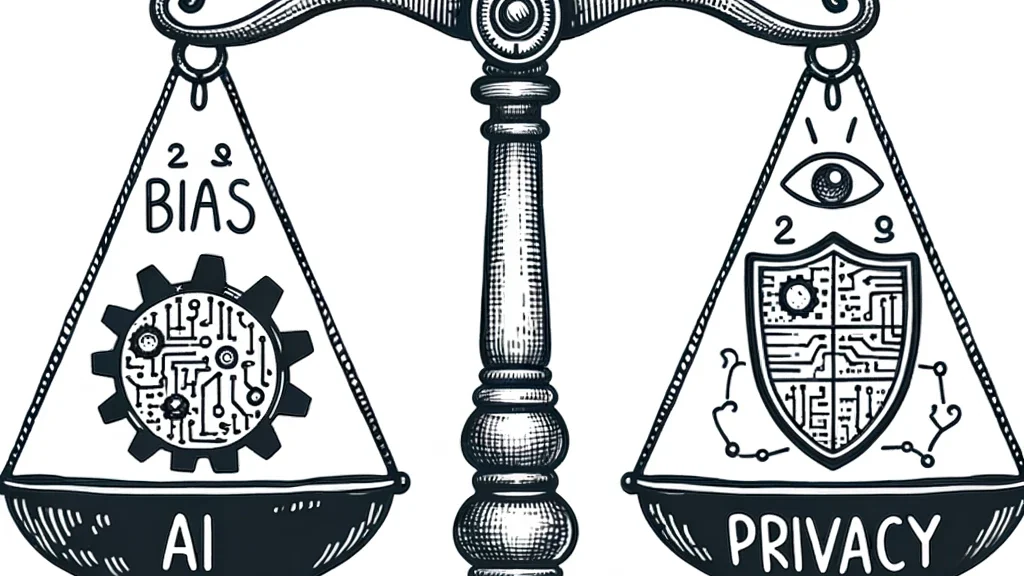
Advancements in Natural Language Processing
One of the most significant trends in legal research AI is the continued advancements in natural language processing (NLP). As NLP technology becomes more sophisticated, it will be able to better understand the nuances of legal language, making it easier to search for and analyze legal documents. This will allow legal professionals to conduct more comprehensive and accurate legal research in a fraction of the time it currently takes.
Expansion into New Jurisdictions
Another trend in legal research AI is the expansion of AI technology into new jurisdictions. As more countries adopt AI technology in their legal systems, legal professionals will be able to conduct research across multiple jurisdictions with greater ease and efficiency. This will allow lawyers to better serve their clients, regardless of where they are located.
Interdisciplinary Collaborations
Finally, legal research AI is expected to become increasingly interdisciplinary in nature. As AI technology becomes more integrated into the legal industry, legal professionals will need to collaborate more closely with experts in other fields, such as computer science and data analytics. This will require a greater emphasis on interdisciplinary training and education for legal professionals.
Overall, the future of legal research AI looks bright, with continued advancements in technology expected to revolutionize the legal industry in the coming years. As legal professionals continue to adapt to these changes, they will be better equipped to provide their clients with the highest level of service possible.
Frequently Asked Questions
What are the top AI legal research tools currently available?
There are several AI-powered legal research tools available that can assist lawyers in their research. Some of the most popular ones include Lexis+ AI, Westlaw, and descrybe. These tools use natural language processing (NLP) and machine learning algorithms to help lawyers quickly find relevant cases and statutes.
How is AI transforming law and legal practice?
AI is transforming law and legal practice in several ways. One of the most significant ways is by automating repetitive tasks, such as document review and contract analysis. This allows lawyers to focus on more complex and strategic work. AI is also helping lawyers to make more informed decisions by providing them with insights and recommendations based on data analysis.
What are the benefits of using AI for legal document creation?
Using AI for legal document creation can save lawyers a significant amount of time and effort. AI-powered tools can automatically generate legal documents, such as contracts and agreements, based on predefined templates and clauses. This eliminates the need for lawyers to manually draft these documents, which can be time-consuming and error-prone.
In what ways can lawyers leverage AI to improve their practice?
Lawyers can leverage AI in several ways to improve their practice. For example, they can use AI-powered tools to automate tasks, such as document review and contract analysis. They can also use AI to gain insights and recommendations based on data analysis. Additionally, AI can help lawyers to identify patterns and trends in legal cases, which can be useful for building stronger arguments.
Are there specialized AI chatbots designed for legal assistance?
Yes, there are specialized AI chatbots designed for legal assistance. These chatbots can answer common legal questions and provide legal advice to clients. They use NLP and machine learning algorithms to understand the client’s questions and provide accurate and relevant answers.
How can law students utilize AI tools to enhance their studies?
Law students can utilize AI tools to enhance their studies in several ways. For example, they can use AI-powered legal research tools to quickly find relevant cases and statutes. They can also use AI to analyze legal documents and gain insights into legal concepts and principles. Additionally, AI-powered chatbots can assist law students in answering common legal questions and provide guidance on legal research.

